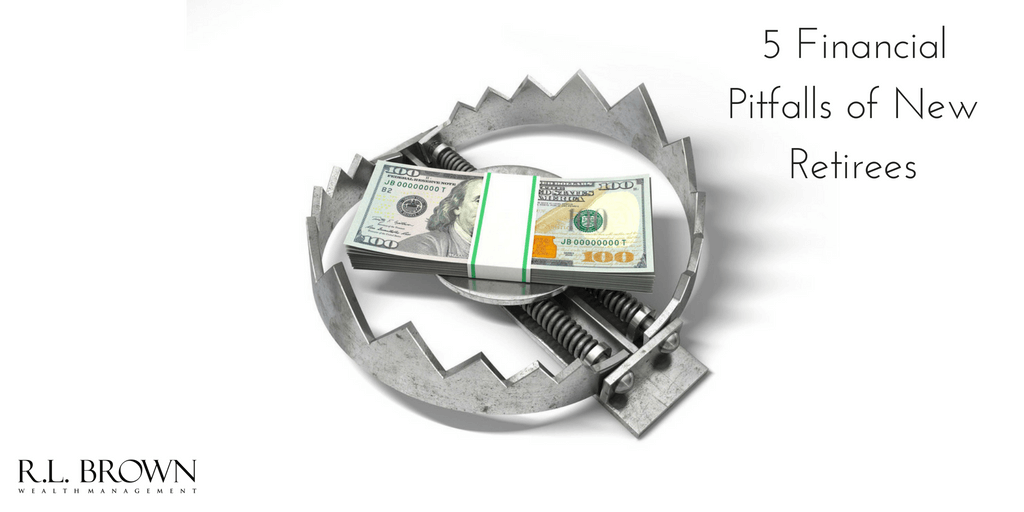A bundle of high interest debt. A pricey medical emergency. A messy divorce. A move across the country. While any of these circumstances may make it tempting to dip into your investment accounts to cover the expenses, that could be a costly choice.
In fact, borrowing money from 401(k), 403(b) or 457 accounts is not only risky, but could also cause serious damage to your retirement nest egg. Following are some reasons you should think twice before prematurely accessing your retirement accounts:
- Your retirement account is not the same as a bank account.
There are some serious penalties that could likely outweigh the benefits you would receive from having early access to that money. While withdrawing funds from a bank account means taking out cash, taking a loan from your retirement plan means selling shares of your investments in order to generate cash. So the less money you have invested in those accounts, the smaller chance for growth. Also, when you repay the loan, you will likely buy back investment shares at higher prices than in the past. Basically, you would be going into debt in order to pay off another debt. Doesn’t seem to make much financial sense, does it?
- You will have to pay taxes twice.
The law allows you to borrow up to $50,000 or half your vested balance, whichever is less, and to take up to five years to repay the money (with interest) to your own retirement account. One of the major downfalls, however, is that you will have to repay your loan with after-tax dollars, and those dollars will be taxed again when you withdraw them for retirement (unless your plan offers a Roth IRA option).
- You will most likely have to repay the loan within five years.
Even if you have great job security, most workplace retirement plans will require you repay the loan in full within this span of time. If you are unable to meet those terms and are younger than 59 ½, then the unpaid balance will become a taxable distribution with possible penalties. If you default on the loan, the retirement plan may prevent you from making future contributions.
- If you leave your job, the loan must quickly be repaid in full.
Whether you resign, are laid off or fired from your job, you will have a short window–usually 30-60 days—-to repay the loan in full, with interest. If you are unable to repay that amount, the IRS will treat the outstanding balance as an early distribution, which is automatically taxed as ordinary income and may be subject to a 10% early withdrawal Federal tax penalty if taken prior to age 59 1/2.
- Your take-home pay may be reduced.
Most loans from 401(k), 403(b), and 457 plans are repaid in increments via your paycheck. The plan will subtract a designated amount each month from your check until the borrowed amount is fully restored. Depending on how much you borrow, and the fact the loan must be paid in a timely manner, those reduced paychecks could jeopardize your living expenses and leave you once again strapped for cash.
- You may be prevented from making further contributions. Some workplace retirement plans temporarily stop regular salary deferrals when an employee takes out a loan. Only when you repay the loan in full will your contributions resume. This could result in a major decrease in your retirement savings, as five years is a significant chunk of time not to be saving and growing your nest egg.
Bottom line: If you’re desperate for a cash, consider other options–such as negotiating a raise or getting a part-time job–before borrowing from your retirement accounts.







